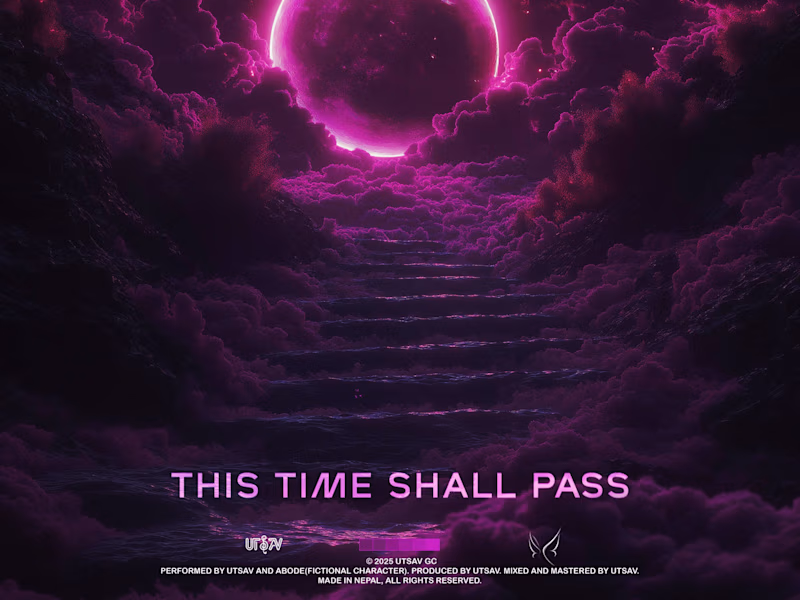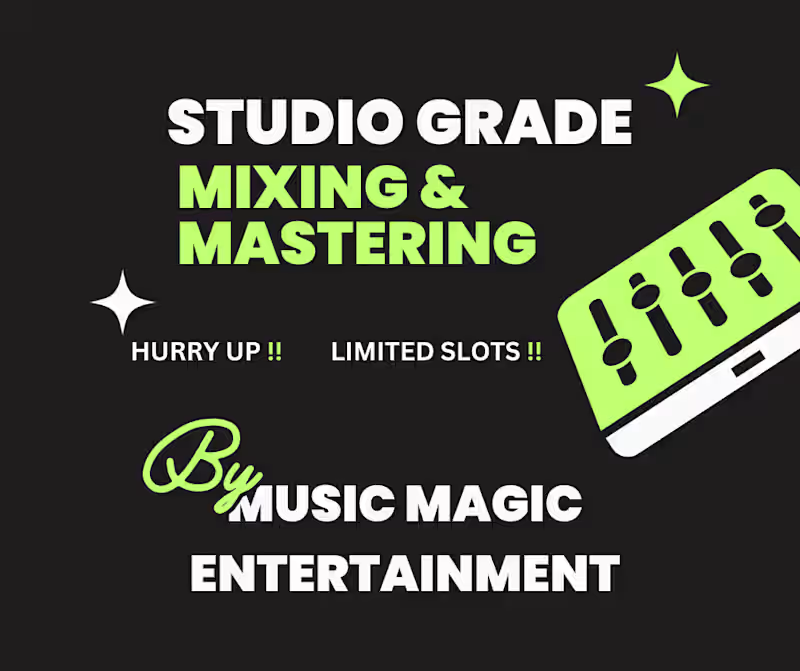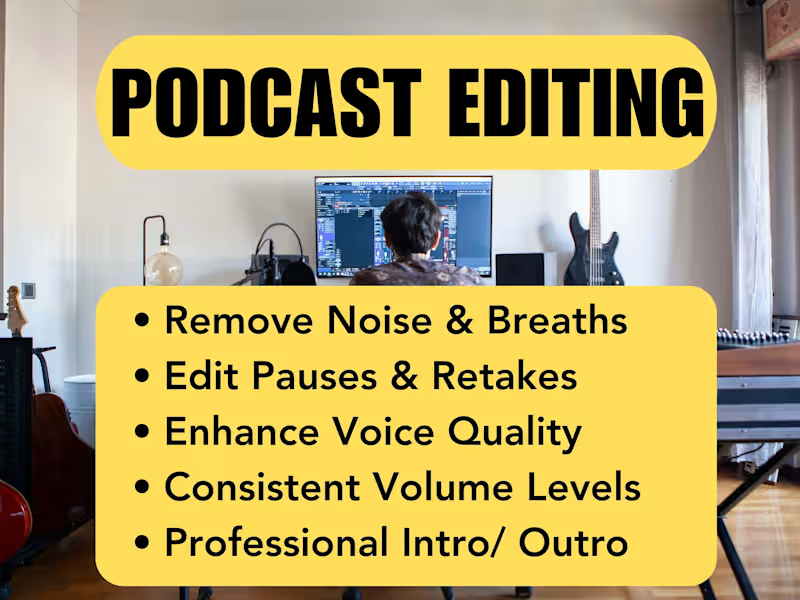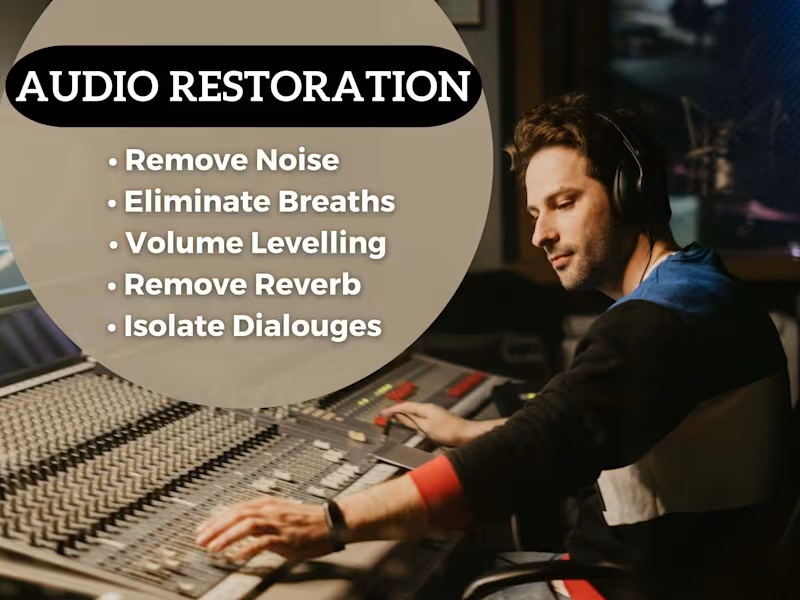What should a client look for in a freelance mixing/mastering engineer's portfolio?
A portfolio should have samples of past work, showing the engineer's style and skills. Look for diversity in music genres and high-quality audio production. This helps in understanding if the engineer's style matches your project's needs.
How can a client determine a mixing/mastering engineer's experience level?
Check the engineer's work history and years of experience in the field. Reading reviews and testimonials can also provide insights into their reliability and professionalism. An experienced engineer should have a track record of successfully completed projects.
Why is it important for a client to discuss project timelines with a freelance mixing/mastering engineer?
Timelines help ensure the project is completed on schedule without delays. Discussing timelines allows both parties to agree on realistic deadlines. This clarity helps keep the project on track and manage expectations.
What should a client include in a project brief for a mixing/mastering engineer?
A good project brief should include the music genre, desired sound, and any specific references. Clearly describe the goals and vision for the final product. Providing accurate details helps the engineer understand and fulfill your needs.
How important is it for clients to align on communication methods with their mixing/mastering engineer?
Clear communication is key to a successful partnership. Agree on how and when to communicate, whether via email, chat, or calls. This helps in resolving issues quickly and keeps everyone informed.
Why should clients agree on revisions upfront with a freelance mixing/mastering engineer?
Agreeing on the number of revisions helps avoid misunderstandings. It ensures both the client's satisfaction and the engineer's time management. Clearly defined revision terms lead to smoother project execution.
What role does audio quality feedback play in hiring a mixing/mastering engineer?
Feedback helps maintain audio quality throughout the project. Constructive feedback ensures the final mix and master meet the client's expectations. Regular feedback allows for desired adjustments and improvements.
How can a client ensure the mixing/mastering engineer understands their creative vision?
Share clear examples and inspirations for your project. Openly discuss the mood and feel you want the music to express. This helps align your artistic vision with the engineer's technical skills.
What should a client ask about the mixing/mastering engineer's equipment and software?
Inquire about the tools and software the engineer uses for mixing or mastering. Professional equipment often results in higher quality outputs. Knowing the tools helps you understand the engineer's capabilities and workflow.
Why is setting project milestones important for clients hiring a mixing/mastering engineer?
Milestones break the project into manageable parts, making progress easier to track. They ensure each phase is completed before moving on to the next. This structure helps keep the project organized and within the agreed timeline.
Who is Contra for?
Contra is designed for both freelancers (referred to as "independents") and clients. Freelancers can showcase their work, connect with clients, and manage projects commission-free. Clients can discover and hire top freelance talent for their projects.
What is the vision of Contra?
Contra aims to revolutionize the world of work by providing an all-in-one platform that empowers freelancers and clients to connect and collaborate seamlessly, eliminating traditional barriers and commission fees.





































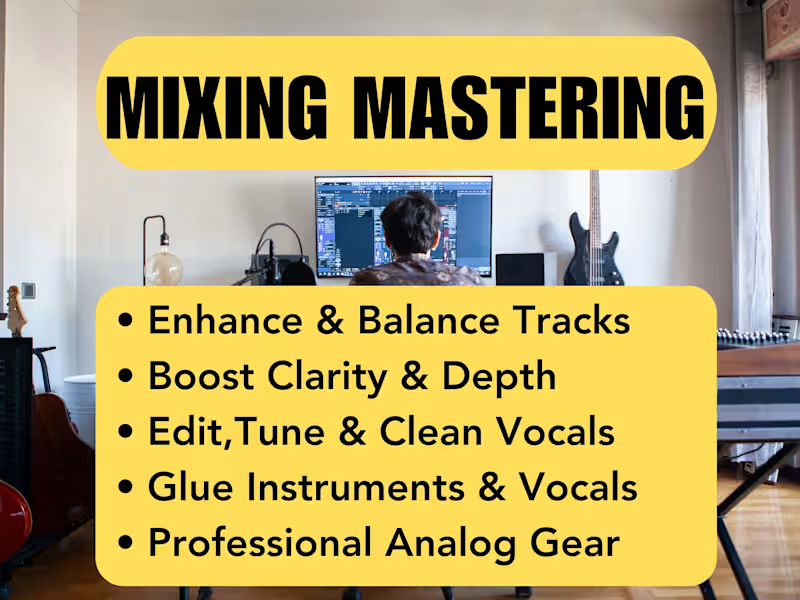
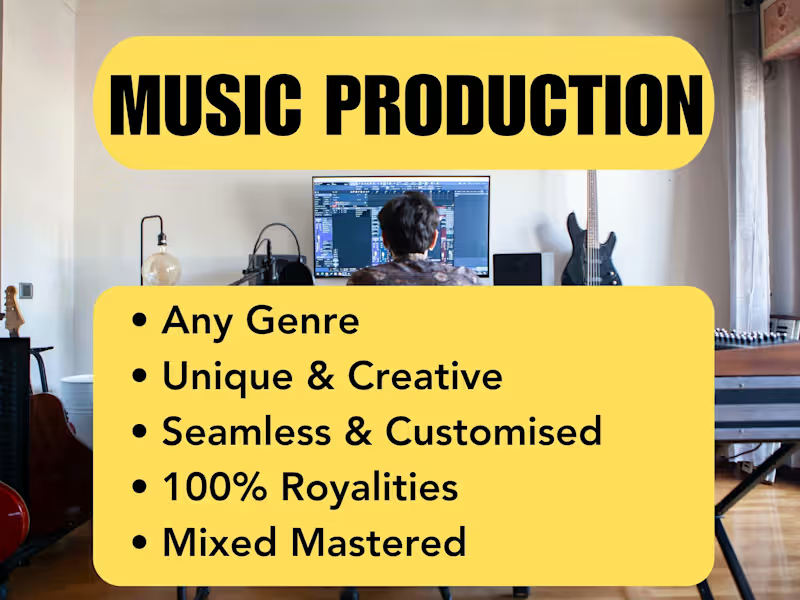
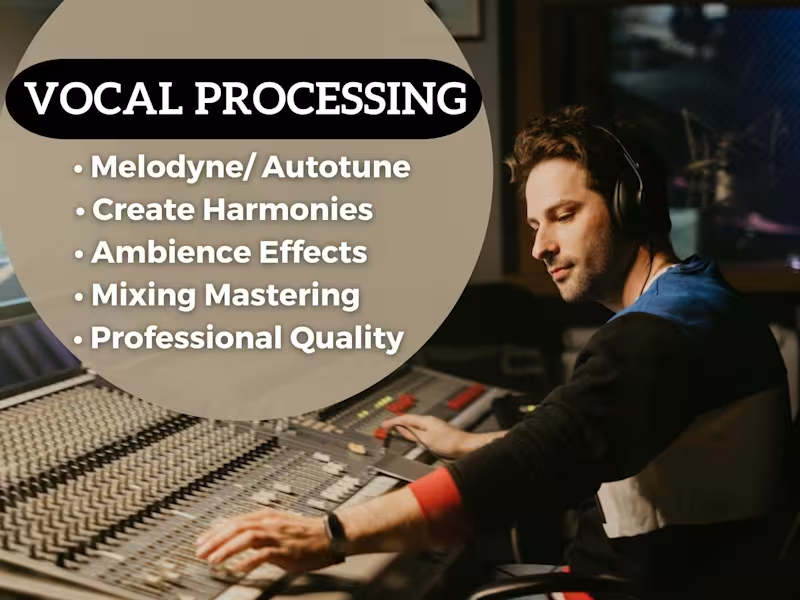

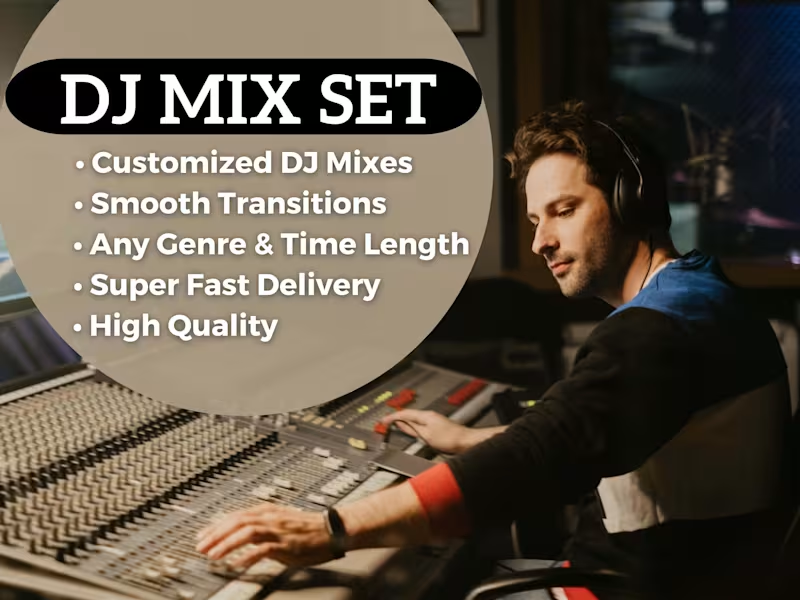
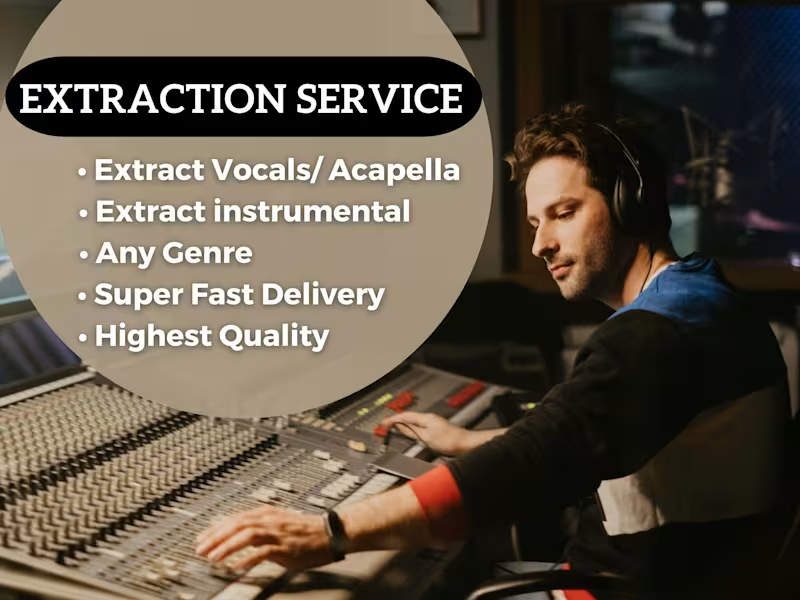
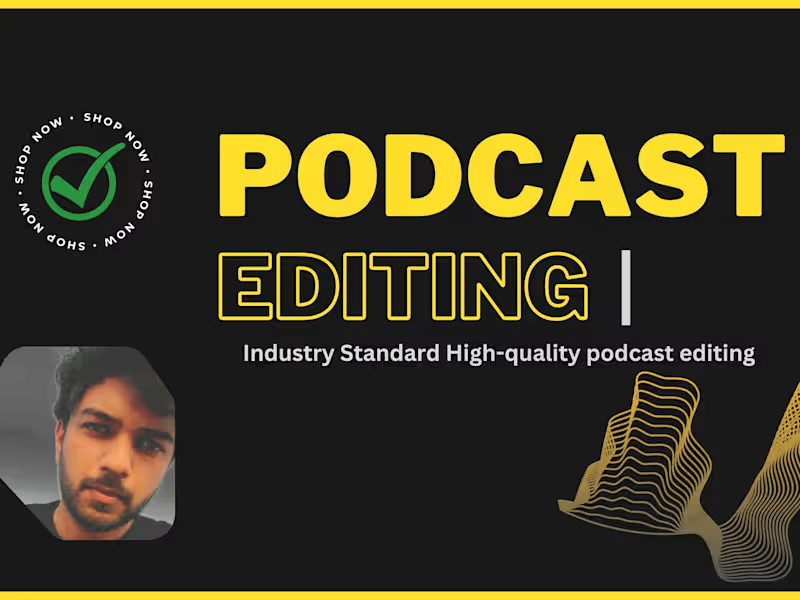
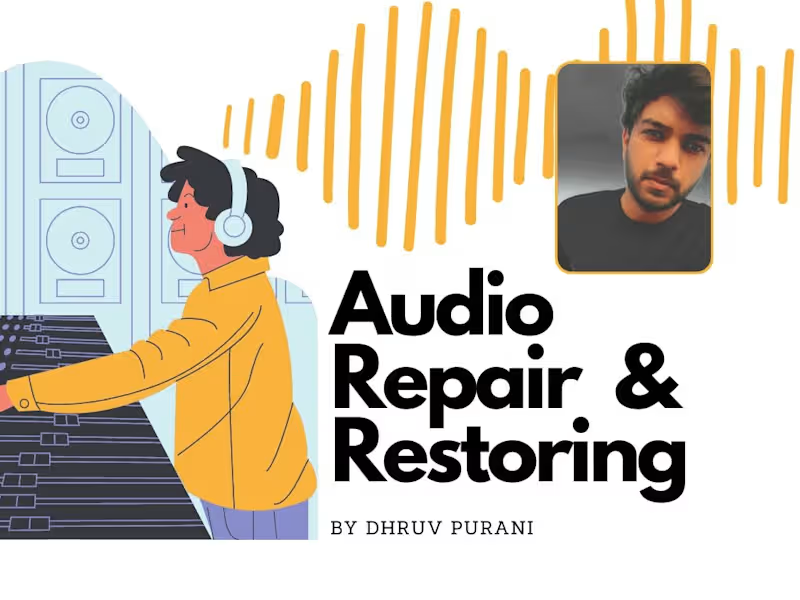
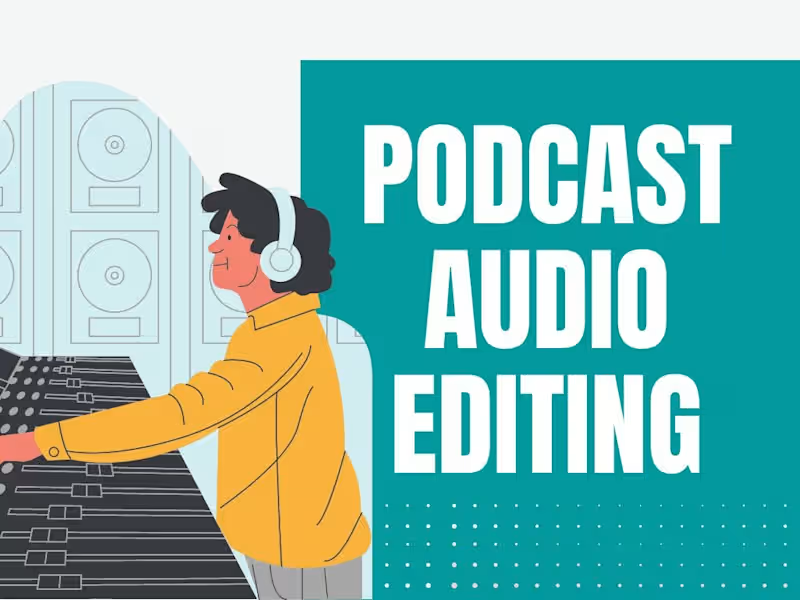





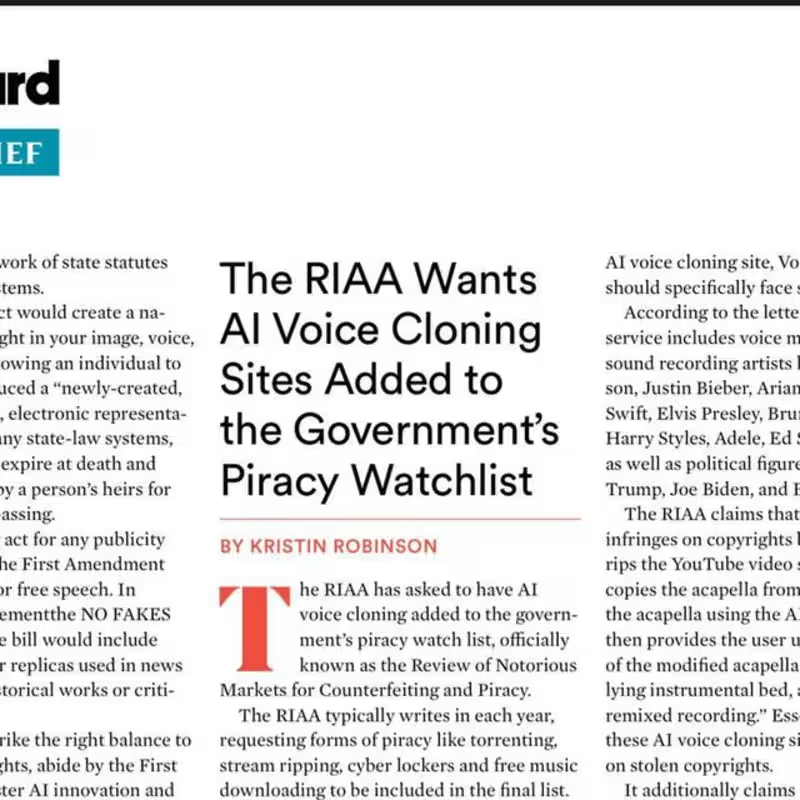






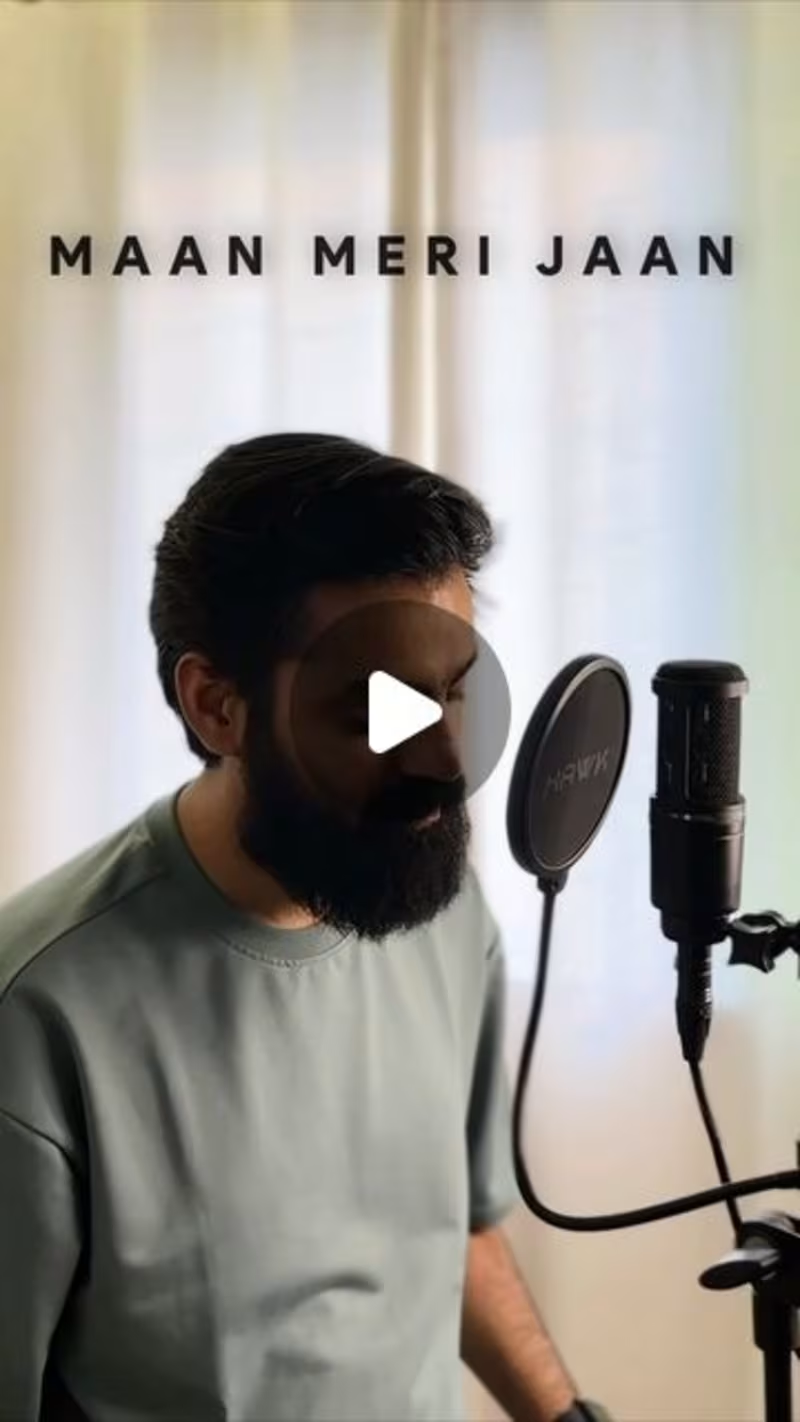



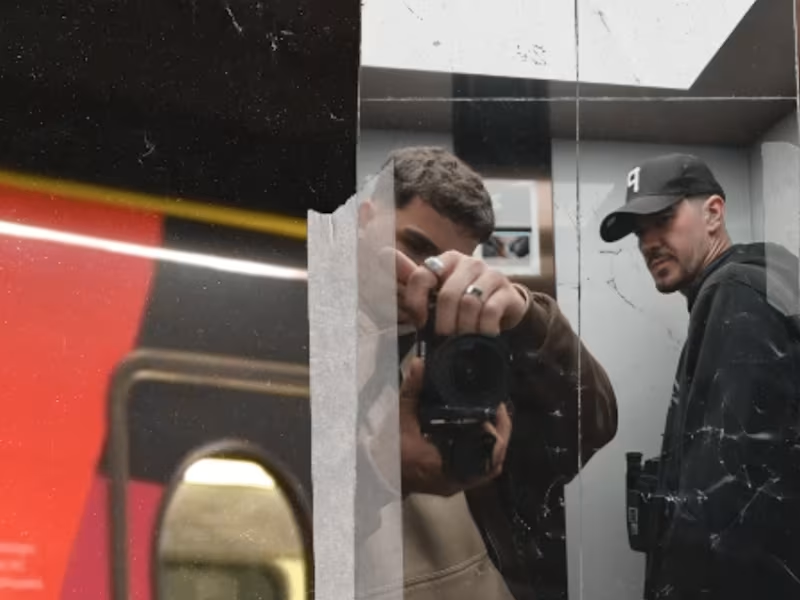
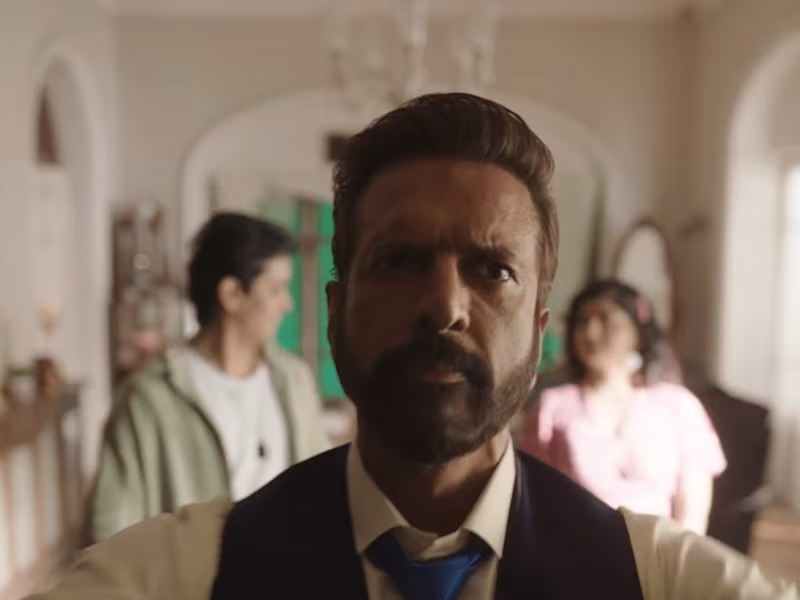
![Cover image for Alkaram [Jingle]-Television Commercial](https://media.contra.com/image/upload/w_800,q_auto/i1rks0d2jokkegypjvgw.avif)


















